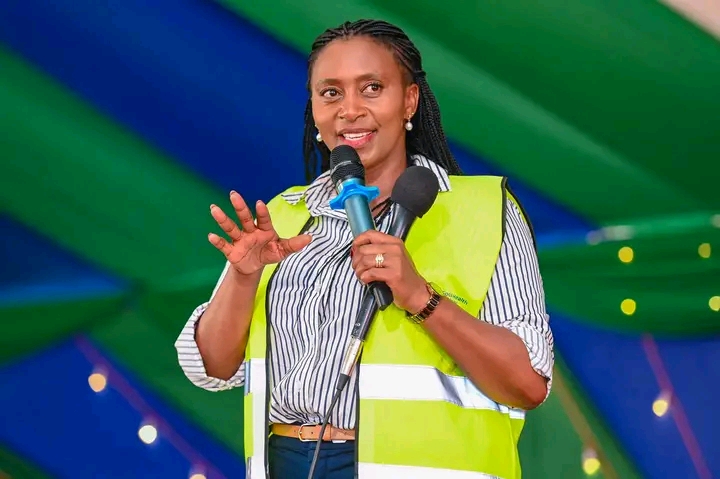 Principal Secretary for Public Health and Professional Standards, Mary Muthoni/COURTESY
Principal Secretary for Public Health and Professional Standards, Mary Muthoni/COURTESY
The State has vowed to ensure no one is left behind in its commitment to advancing Universal Health Coverage (UHC) by focusing on health promotion, inclusivity and intersectionality.
Speaking at the Regional Health Promotion Conference in Nairobi, key stakeholders emphasised the need for community-driven solutions, intersectional approaches in health processes, and the scaling of local innovations to build a more equitable healthcare system.
The two-day conference, co-organised by the Ministry of Health (MoH) and Voluntary Service Overseas (VSO), brought together over 400 participants including policymakers, health professionals, civil society representatives and international partners.
The event aimed to elevate the role of intersectionality in health promotion within UHC frameworks while fostering knowledge exchange on innovative tools and community-driven approaches.
Public Health PS Mary Muthoni highlighted
the government's plan to strengthen community participation in health promotion
as a key strategy in advancing UHC. She reiterated that UHC cannot be achieved
without empowering communities to take charge of their health.
“Promoting health resilience requires a holistic approach that not only improves healthcare services but also addresses social aspects such as education, nutrition and economic stability. By strengthening the involvement of communities in healthcare decision-making and monitoring, we can enhance the quality of services,” said Muthoni.
The discussions emphasised the role of community health promoters, volunteers and local health workers in bridging healthcare gaps, especially in marginalized areas. The success of initiatives like Kenya’s community-based surveillance system was presented as a model for strengthening grassroots health participation.
Intersectionality took a center stage in the discussions with speakers stressing the importance of designing healthcare policies that account for the different cadres of people.
“We must recognise that individuals face compounded barriers to healthcare due to gender, disability, economic status and geographic location, addressing these overlapping challenges requires targeted interventions that are culturally responsive and gender-sensitive,” added the PS.
The PS acknowledged VSO’s ‘Make Way’ initiative as an instrumental tool in promoting intersectional analysis in sexual and reproductive health policies across East Africa.
She said that by utilising intersectional tools and data-driven approaches, the initiative has identified gaps in service delivery and advocated for policy changes to improve health access for marginalised populations, including youth, women and people with disabilities.
The panelists emphasised the importance of multisectoral collaboration by the stakeholders like the government, civil society, private sector actors and development partners in achieving UHC goals.
Dr Katja Kerschbaumer, Head of the Austrian Embassy’s Development Cooperation in Uganda said, “Inclusive healthcare requires inclusive financing. Strategic partnerships and innovative financing models, such as community-based health insurance and co-financing mechanisms, will be critical in sustaining health promotion initiatives.”








![[PHOTOS] Guardian Angel bus catches fire in Kikuyu](/_next/image?url=https%3A%2F%2Fcdn.radioafrica.digital%2Fimage%2F2025%2F04%2F58287f0a-f201-4a78-87f0-6f147ad8ba8a.jpg&w=3840&q=100)


